A Recap of Mental Health, Media, and Me
“What is mental health? What is therapy? How do I find a good therapist? Everyone is talking about therapy on my social media, but I don’t even know where to start.”
Last Thursday, we sat down with three clinicians for an honest conversation on all things mental health and therapy.
It was important that this panel, Mental Health, Media, and Me: A Conversation on Therapy in a Digital Age, was diverse and provided insight from a variety of lived experiences, educational backgrounds, and professional practices. Despite these differences, one thing was clear: the panelists were all extremely passionate about seeing people take care of their mental health and understanding the role of therapy.
Salimah Turner, LCSW, CLC (she/her), a Black therapist and licensed clinical social worker specializing in individual, family & group therapy, kicked us off by sharing how she views mental health.
“Mental health is health. Take the mental off - it’s health,” Turner said. “What we know about our mental health is that it impacts how we view ourselves, how we view the world, how we interact with the world and the people in it, and if we have some challenges in that area it impacts their overall health.”
Cassie Walker, LCSW (they/them), a Black Queer social worker and trauma therapist, agreed with this sentiment and added the importance of acknowledging community within mental health.
“When we talk about health and specifically the segment of mental health and wellness…we are a social species,” Walker said. “Humans need each other — we’re part of a society. So mental health is not able to be removed from our environment, from community or lack thereof. Community care is a vital part of mental health and we oftentimes focus too much on the individual.”
Walker’s comment on community care was such an important reminder and it fuels the work we do here at Hope for the Day. Our focus is on PEERvention and helping one another out on our mental health journeys.
While this communal experience is needed, it is significant to note that there are boundaries in how we structure our communities, especially when working with licensed mental health providers. Walker continues on to emphasize those boundaries and make clear the role of a therapist.
“Therapy is not advice,” Walker said. “It’s not a friend. People are like ‘I’ll go to therapy and I’ll get advice’ and it’s like actually — a lot of therapy is reflecting and helping you to connect with yourself so that you can trust yourself and build up your own intuition and knowledge and skills.”
Abby Bautista, ME.d (she/her), a second-year doctoral student in Clinical Psychology at Adler University, further emphasized the importance of the client taking control of their therapy experience.
“There’s an analogy I like to use with my clients about driving - I say my client is the driver,” Bautista said. “You’re the one driving the car. You’re the one who's handling the direction that you want to do this therapy session and I’m simply in the passenger seat being there for support.”
This idea seemed to be the core of the entire panel - therapy is an experience where the client is in control. While the therapist may be the expert, the client controls the experience.
One way the clients take control is that first step of setting up the appointment. It can feel difficult to know how to even make that first step, but, according to Turner, social media has made all the difference.
“Social media has been the catalyst that has gotten many of my clients into my office,” Turner said. “It’s what prompted them to make the phone call. It’s what made them ask the question.”
With the constant flow of information and stories through social media, it’s gotten more people talking about their experiences with mental health and therapy. These conversations can cultivate learning, self-reflection, and community as people share similar lived experiences.
Not all social media experiences are positive, as Walker called it “a double-edged sword.” People get to choose what parts of their lives they share on social media and the constant scrolling can become almost addictive.
Despite this, there is still opportunity to focus on the positive. Bautista shared that her clients have been able to find some answers through social media.
“It’s a great way for them to come in and be like ‘There is someone who maybe is the same that I am, I’m going through the same things, maybe has the same symptoms,’” Bautista said. “I want to be able to talk about them, seek support and help for that.”
At the end of the day, therapy is simply about the client getting the help they need.
Watch the entire panel, Mental Health, Media, and Me: A Conversation on Therapy in a Digital Age, on our YouTube channel to hear more.
